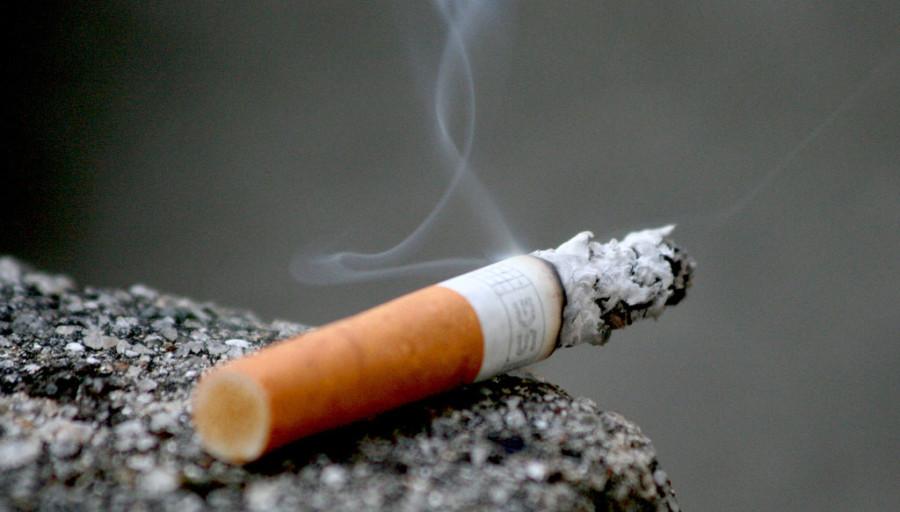Number of smokers in the U.S. at record low
November 24, 2015
Federal health officials recently released a statement noting that the number of smokers in the U.S. has plummeted by nearly 20 percent in the past 10 years.
According to NBC News, in the past year alone, the number of smokers dropped a full percent.
“The percentage of U.S. adults who smoke cigarettes declined from 20.9 percent in 2005 to 16.8 percent in 2014,” the Centers for Disease Control and Prevention team wrote in their report.
The CDC also highlighted in its report that the percentage of U.S. adults who smoke cigarettes was 17.8 percent in 2013, a drop from 20.9 percent in 2005, and the lowest rate of smoking since researchers began tracking this figure in 1965. The report also found the number of cigarette smokers was 42.1 million in 2013, a drop from 45.1 million in 2005, even though the U.S. population is increasing.
Several different factors are being credited with decreasing the number of U.S. smokers. Results from programs like DARE, typically aimed at fifth- or sixth-graders, showed that graduates of the program were up to five times less likely to begin smoking compared to students who did not participate in DARE. The program has been implemented in 75 percent of the country’s school districts since its 1983 inception.
States have also introduced heavy legislation aimed at taking down big tobacco companies. According to the Huffington Post, forty-six states went to court and forced various major tobacco companies to largely cease advertising and marketing aimed at children under the Tobacco Master Settlement Agreement of the late 1990s. The Huffington Post also reported that most states have set a minimum age of 18 for buying cigarettes. Just last year, the minimum age in New York City was raised to 21 — a first-in-the-country move — and this month, a report from the independent advisory Institute of Medicine essentially said a similar hike nationwide would be good policy. Other municipalities have already followed NYC’s lead, and several states including Colorado and Utah are considering similar legislation.
Another factor recognized as having made an impact on smokers is the Pro-Children Act of 1994, which banned smoking in public schools across the country. While once a fairly normal practice, smoking in schools has been almost completely eradicated and is a fairly unheard of practice today.
Most of all, information has been heavily circulated about the negative health impacts of tobacco. “Nowadays even the people who smoke almost always know that it’s bad for them or say they want to quit,” said Dr. Stanton Glantz, director of the Center for Tobacco Control Research and Education at the University of California-San Francisco. “That wasn’t always the case. You go back a few decades, and smokers were often claiming it was good for them.”
The war on tobacco has clearly proved successful so far, and if efforts continue, smoking could soon be a thing of the past.

